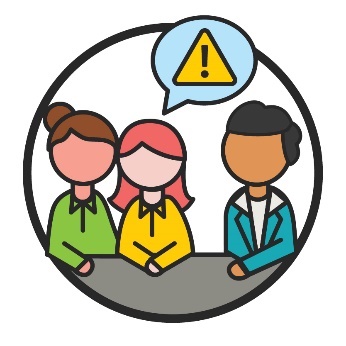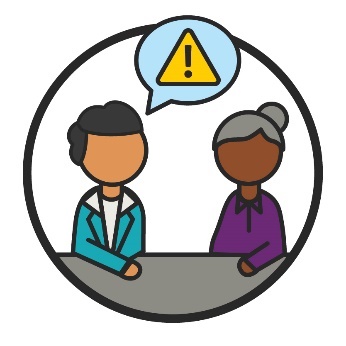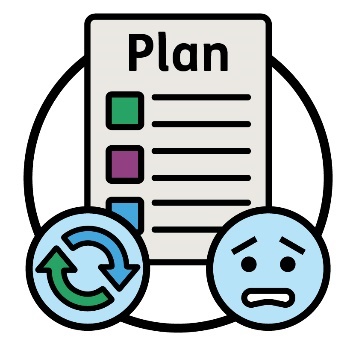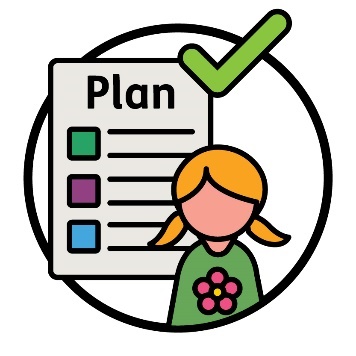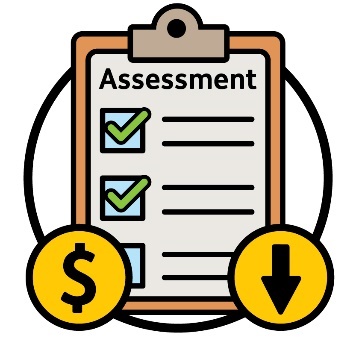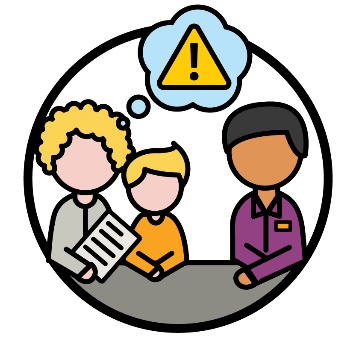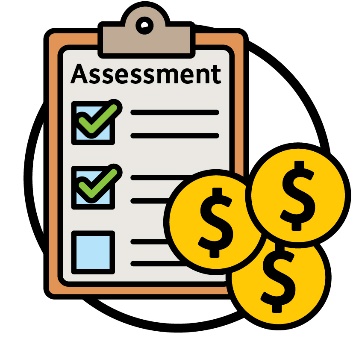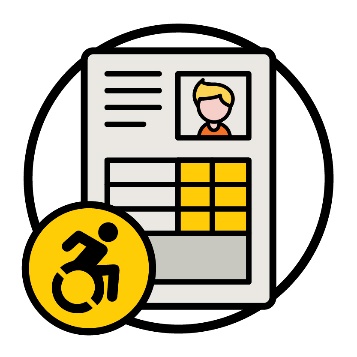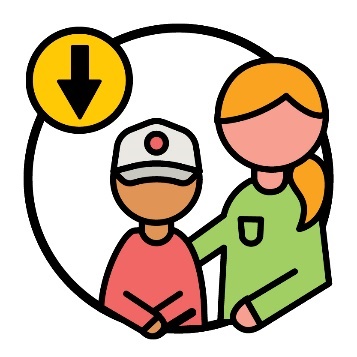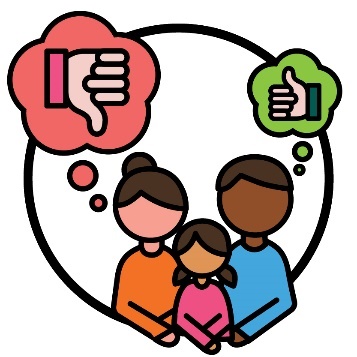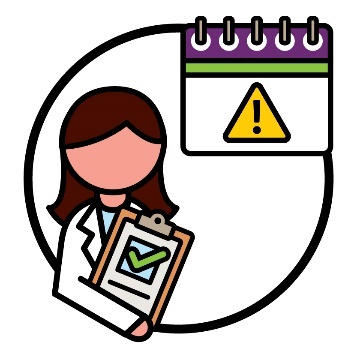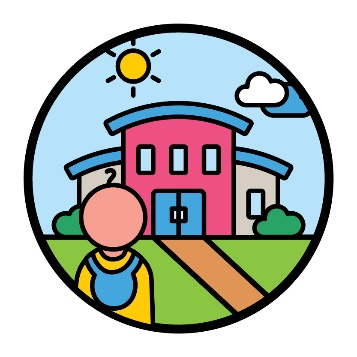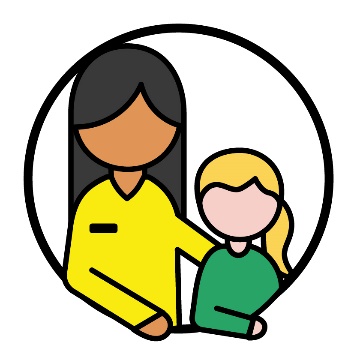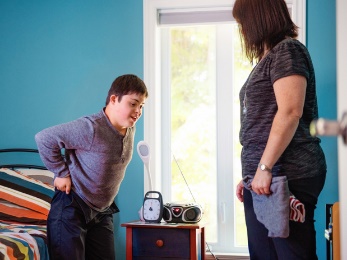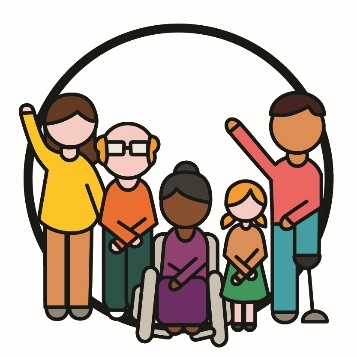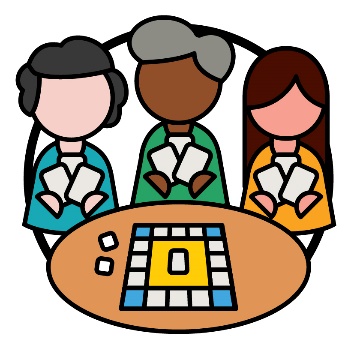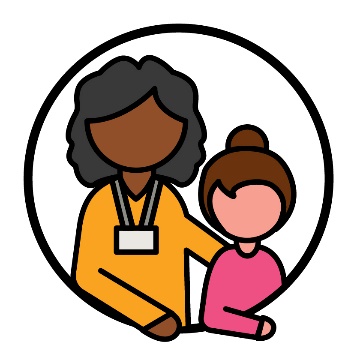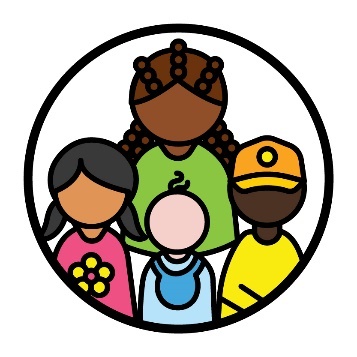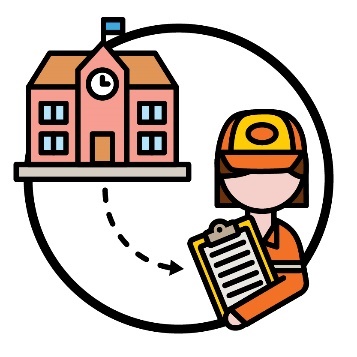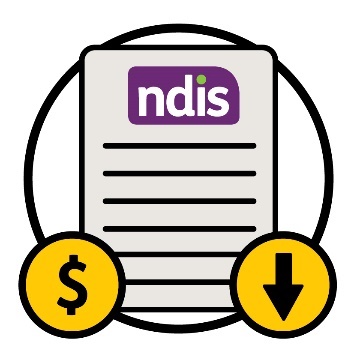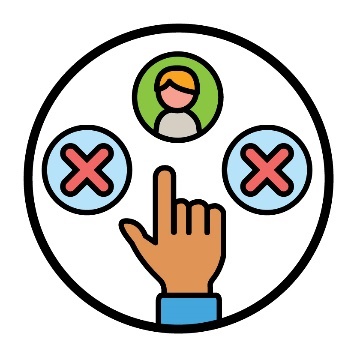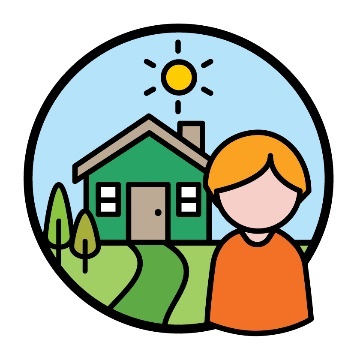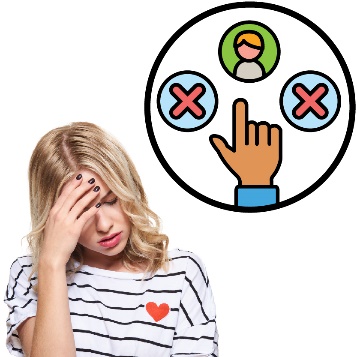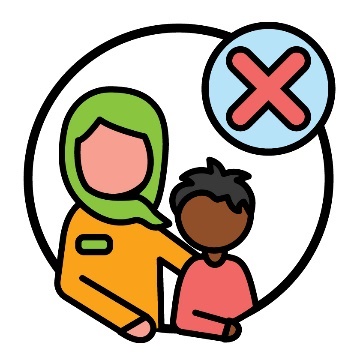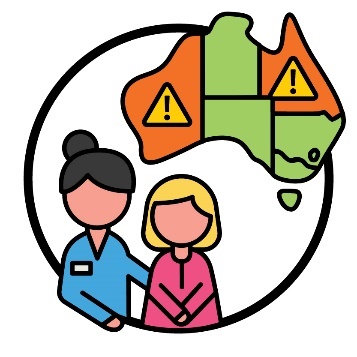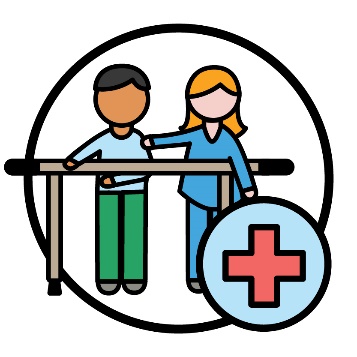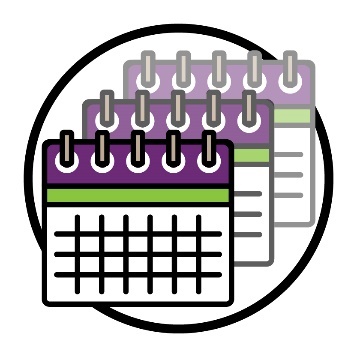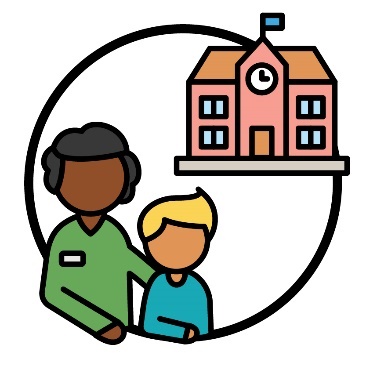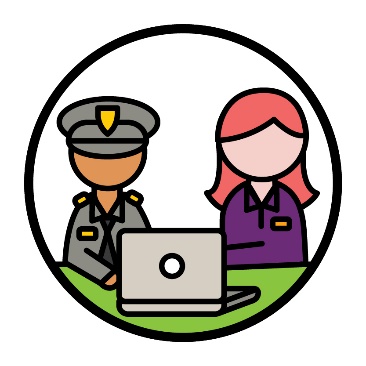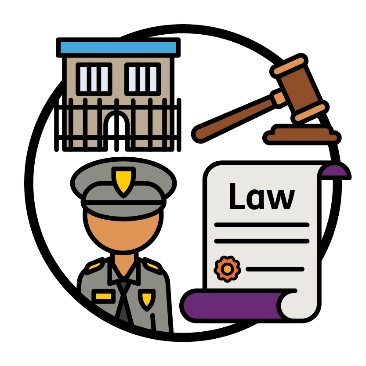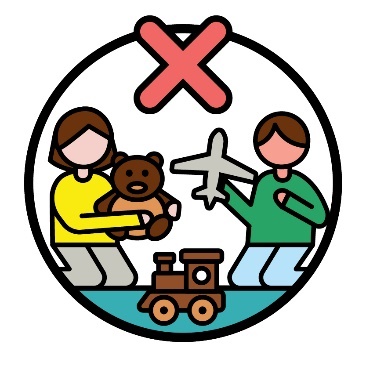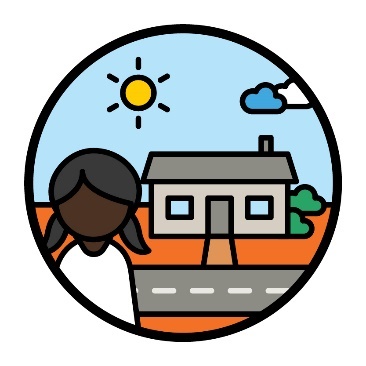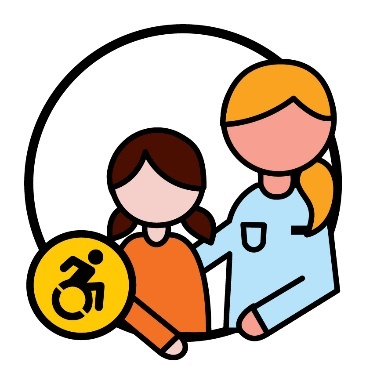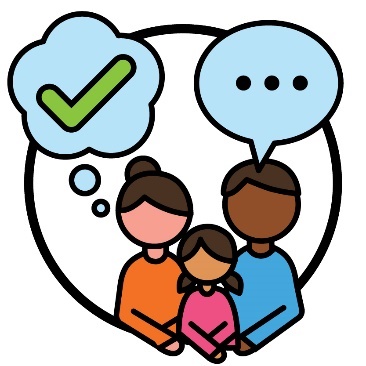Our reports
|
|
The Reference Group connected with the community to find out about issues that affect them. |
|
|
The Reference Group members shared these issues with the NDIA. |
NDIS plans
|
|
Reference Group members explained that parents worry their child’s NDIS plan will change when they have planning meetings. |
|
|
The NDIS should tell parents before meetings that they can use the same plan if their child doesn’t need new supports. |
|
|
This might mean that parents will spend less money on assessments. Assessments help the NDIA work out:
|
|
|
Members also explained that some families can experience trauma from planning meetings. |
|
|
Trauma is the way you feel about something bad that happened to you. For example, you might feel scared or stressed. Trauma can affect you for a long time. |
NDIS services and supports
|
|
Reference Group members shared that some families have to use a lot of their funding on assessments. Funding is the money from your plan that pays for the supports and services you need. |
|
|
|
They do this to get proof that their child with disability needs long-term support from the NDIS. |
|
This means that: |
||
|
|
|
|
|
|
|
|
|
|
It can also mean that some health care services are too busy with assessments. And can’t provide as much support as they should. |
|
|
|
Members shared that the NDIS need to look at how preschools can be a good place for children to get NDIS supports. |
|
|
|
For example, they should look at how preschools can connect families with early childhood partners. Early childhood partners support:
|
|
|
|
Some children might not develop at the same pace as other children of the same age. They may need extra help to do everyday things. When this happens, we say they have a developmental delay. |
|
|
Members explained that the NDIS should do more to support young participants as they become adults. Participants are people with disability who take part in the NDIS. |
This includes supporting participants to: |
||
|
|
|
|
|
|
|
|
|
|
|
|
|
|
The NDIS should focus on providing this support to young people who come from different backgrounds. |
|
|
|
Members shared that some people tell young people with disability not to work until they leave high school. |
|
|
Members also shared that some young people with disability lose funding when they leave school. This might make life harder for young people who need supports as they become an adult. |
|
|
Members explained that some young people don’t have much choice in what supports they get. |
|
|
For example, young people who need support and want to live on their own. |
|
|
Members also explained that some young people with disability feel upset over not having more choice and control about their supports. And because of this they don’t use their supports. |
|
|
Young people with disability can lose their supports if they don’t use them. And it can be hard to get these supports back. |
|
|
Members shared that it can be hard to find an occupational therapist in some states. |
|
|
An occupational therapist helps someone find ways to do everyday tasks. |
|
|
This means some participants have to wait longer to get the support they need. |
The community and other services
|
|
Reference Group members shared that there should be NDIS supports for children to use at school. Supports work better for children when they’re in a place they know well. |
||
|
|
Members explained that the NDIS should work more closely with other services to help children and young people get the support they need. For example, working with the justice system. |
||
|
|
Our justice system includes:
|
||
|
|
Members shared that there are not as many chances for young people with disability to connect with people their own age. |
||
|
|
This can affect young people with disability who live far away from cities and towns more than other people. |
||
|
|
Members shared that more people in the community should understand and use early intervention. |
||
|
|
Early intervention is when people get services and support:
|
||
|
|
This includes making sure parents and families:
|
||
